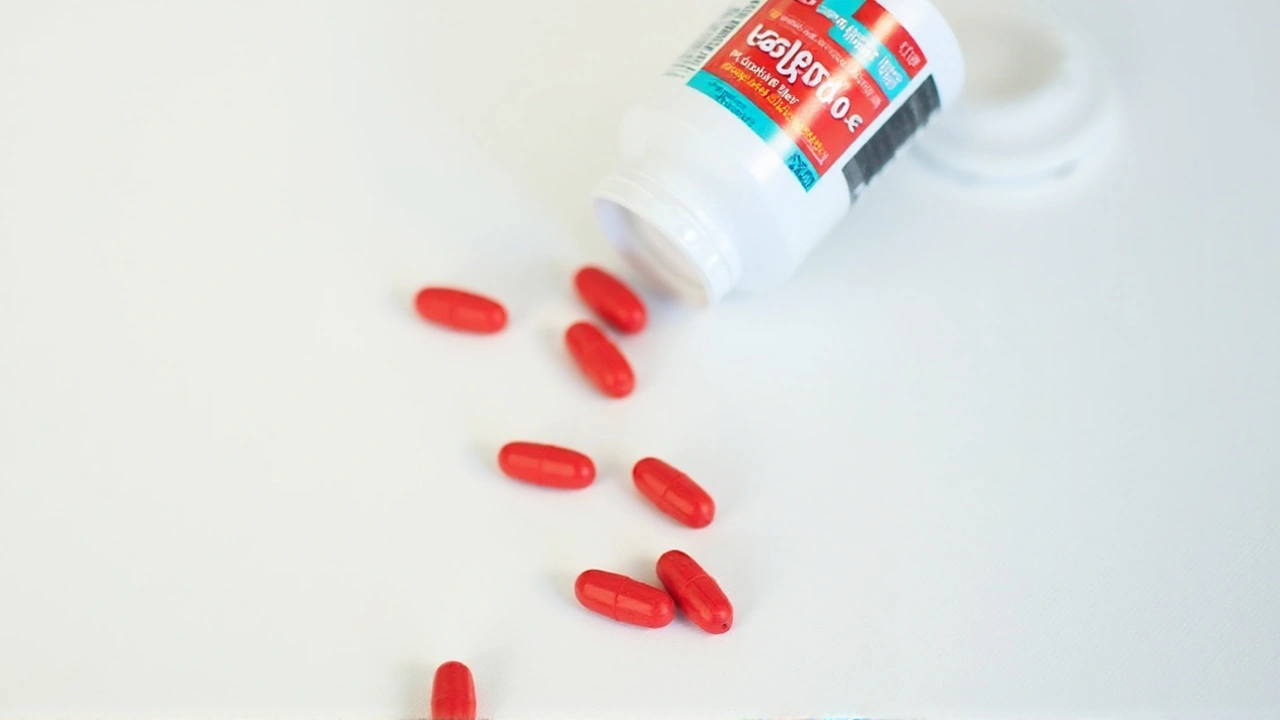ADHD – What You Need to Know Today
ADHD (Attention Deficit Hyperactivity Disorder) is a common condition that affects both kids and adults. It shows up as trouble staying focused, too much energy, and acting without thinking. If you or someone you know deals with these signs, you’re not alone – millions worldwide face the same challenges.
Common Signs and Diagnosis
Typical signs include missing details, forgetting tasks, feeling restless, and interrupting others. In kids, you might see constant moving, difficulty sitting still, or trouble following instructions. Adults often notice they start many projects but finish few, and they get distracted easily at work.
Doctors diagnose ADHD by looking at behavior patterns over time, not just one episode. They ask about school, work, and home life, and may use checklists or rating scales. It’s important to rule out other issues like anxiety or sleep problems before confirming the diagnosis.
Managing ADHD in Daily Life
Medication is a common part of treatment. Stimulants like methylphenidate help many people stay focused, and non‑stimulant options exist for those who can’t take stimulants. Medication works best when paired with other strategies.
Behavioral therapy teaches coping skills. Simple tricks like breaking tasks into small steps, using timers, and keeping a tidy workspace can make a big difference. Regular exercise also boosts concentration and reduces restlessness.
Creating routines is a game‑changer. Try to wake up, eat, and go to bed at the same times each day. Use calendars or phone reminders for appointments and deadlines. Visual cues, like sticky notes, help keep important info front and center.
For students, working with teachers to get extra time on tests or a quiet room can improve performance. Many schools now offer ADHD support programs that focus on organization and study skills.
Adults can benefit from workplace accommodations too. Options include noise‑cancelling headphones, flexible hours, or a designated “focus” space. Talking openly with a manager about needs often leads to helpful adjustments.
Recent research highlights the role of diet and sleep. Cutting down on sugary drinks and getting at least seven hours of sleep each night can reduce symptom severity. Some people find that omega‑3 supplements help with focus, though results vary.
It’s easy to fall for myths about ADHD – like “it’s just an excuse for bad behavior.” The reality is that ADHD is a brain‑based condition, and proper treatment can improve quality of life dramatically.
If you suspect ADHD, the first step is to talk to a healthcare professional. They can guide you through assessment, discuss treatment options, and connect you with resources such as support groups or online forums.
Staying informed is key. Follow reputable news sources, read up on new studies, and keep track of any changes in symptoms. With the right mix of medication, therapy, and everyday hacks, managing ADHD becomes a lot more doable.
Fresh research has reignited the conversation on acetaminophen use while pregnant. A meta‑analysis of 46 studies links the drug to higher autism and ADHD odds, while a Swedish sibling study finds no clear risk. The FDA acknowledges the mixed data but stops short of calling it a cause. doctors are urged to use the drug sparingly, yet it remains the safest OTC pain reliever for expectant moms compared with aspirin or ibuprofen.


 Sports
Sports